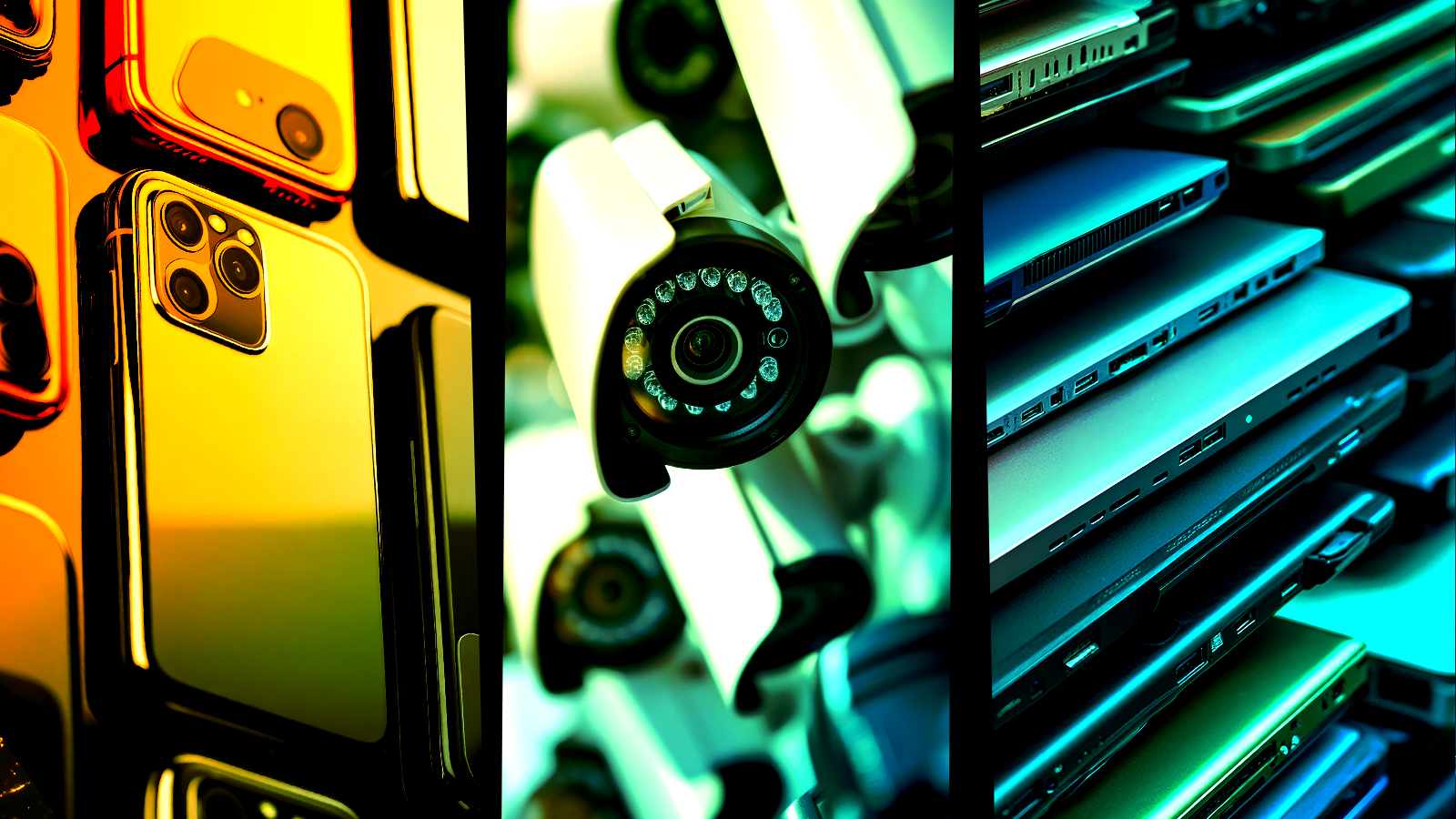Update, 9/9/25: The Federal Communications Commission announced this week that it had “begun proceedings to withdraw recognition” from seven Chinese labs used to test U.S. electronics because they are “ultimately owned or controlled by a foreign adversary nation.”
Recognition of four additional such labs, the agency added, had “expired” since the adoption of the May rules the Brief covers here and would not be renewed.
“Foreign adversary governments should not own and control the labs that test the devices the FCC certifies as safe for the U.S. market,” FCC Chairman Brendan Carr said in a statement. “This is an important step in restoring trust in the Commission’s equipment authorization process, and combatting foreign adversary threats.”
The Brief’s original piece, published May 28, continues below.
The Federal Communications Commission (FCC) voted last week to finalize new rules that will prohibit Chinese labs tied to entities on U.S. government blacklists from testing smartphones, computers, cameras and other electronics for use in the United States.
The measures could swiftly reshape global compliance workflows for telecommunications and technology manufacturers: The FCC estimates that labs in China test about 75% of all electronics for the U.S. market. And the new rules’ threshold for ties to blacklisted entities is low.
For context: The move is the FCC’s latest to target China since President Trump’s pick for chairman, Brendan Carr, took over in January.
The agency notably established in March a new Council on National Security to “promote America’s national security and counter foreign adversaries, particularly the threats posed by” China and the Chinese Communist Party (CCP). It followed by launching an investigation into Huawei, ZTE and other Chinese tech companies over their possible evasion of U.S. restrictions.
The rule: The FCC requires that all imported electronics that emit radio frequencies, including common wireless devices, undergo compliance testing at an authorized lab “prior to being marketed or imported into the United States.”
According to a May 1 fact sheet:
In practice: The FCC currently has accredited around 175 Chinese labs and TCBs for equipment testing. Kharon’s research surfaced connections to the Chinese government or military for multiple entities on the FCC’s lab list, including:
Read more on China:
Recognition of four additional such labs, the agency added, had “expired” since the adoption of the May rules the Brief covers here and would not be renewed.
“Foreign adversary governments should not own and control the labs that test the devices the FCC certifies as safe for the U.S. market,” FCC Chairman Brendan Carr said in a statement. “This is an important step in restoring trust in the Commission’s equipment authorization process, and combatting foreign adversary threats.”
The Brief’s original piece, published May 28, continues below.
The Federal Communications Commission (FCC) voted last week to finalize new rules that will prohibit Chinese labs tied to entities on U.S. government blacklists from testing smartphones, computers, cameras and other electronics for use in the United States.
The measures could swiftly reshape global compliance workflows for telecommunications and technology manufacturers: The FCC estimates that labs in China test about 75% of all electronics for the U.S. market. And the new rules’ threshold for ties to blacklisted entities is low.
For context: The move is the FCC’s latest to target China since President Trump’s pick for chairman, Brendan Carr, took over in January.
The agency notably established in March a new Council on National Security to “promote America’s national security and counter foreign adversaries, particularly the threats posed by” China and the Chinese Communist Party (CCP). It followed by launching an investigation into Huawei, ZTE and other Chinese tech companies over their possible evasion of U.S. restrictions.
The rule: The FCC requires that all imported electronics that emit radio frequencies, including common wireless devices, undergo compliance testing at an authorized lab “prior to being marketed or imported into the United States.”
According to a May 1 fact sheet:
- Any test lab, telecommunications certification body (TCB), or lab accreditation body that is controlled, directed or owned (10% or more) by a “prohibited entity” will lose—or be denied—FCC recognition.
- A “prohibited entity” is defined as including entities on the FCC Covered List, the Defense Department’s Chinese Military Company (CMC) List and the executive branch’s list of “foreign adversaries,” China among them.
In practice: The FCC currently has accredited around 175 Chinese labs and TCBs for equipment testing. Kharon’s research surfaced connections to the Chinese government or military for multiple entities on the FCC’s lab list, including:
- EMTEK (Shenzhen) Co., Ltd., the holder of three Chinese military production licenses, known to allow companies to sell goods and provide services to the military and defense-industry companies. EMTEK noted in a 2023 disclosure that Huawei—which is on the CMC list, FCC Covered List, and the Bureau of Industry and Security’s Entity List—is a major customer, dating back to at least 2020.
- China Academy of Information and Communications Technology, a unit of China’s Ministry of Industry and Information Technology. The MIIT is known for drafting China’s tech-focused “Made in China 2025” plan a decade ago and oversees the department regulating China’s defense industry.
- CCIC Southern Testing Co., Ltd., a company that ultimately traces its ownership back to the Chinese government. CCIC Southern Testing’s 2024 annual report said that ZTE, which is on the FCC Covered List, is among its major customers.
Read more on China:







